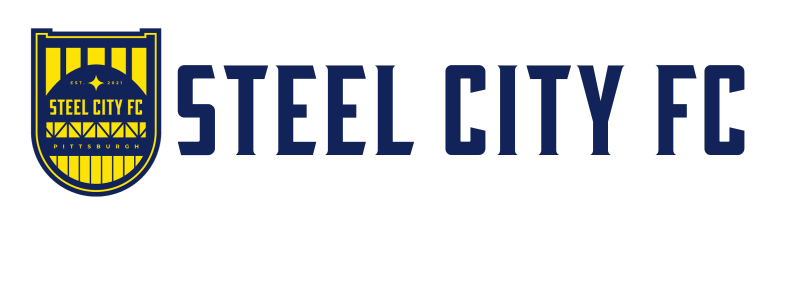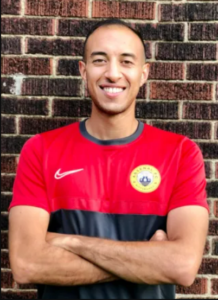United Soccer Coaches Convention 2019: Hotspurs Coaches Takeaways
The United Soccer Coaches Convention is an annual gathering of soccer experts from around the world looking to grow and improve the game in the United States. It’s four days of non-soccer opportunities to learn, grow, discuss, meet, and socialize around all things soccer.
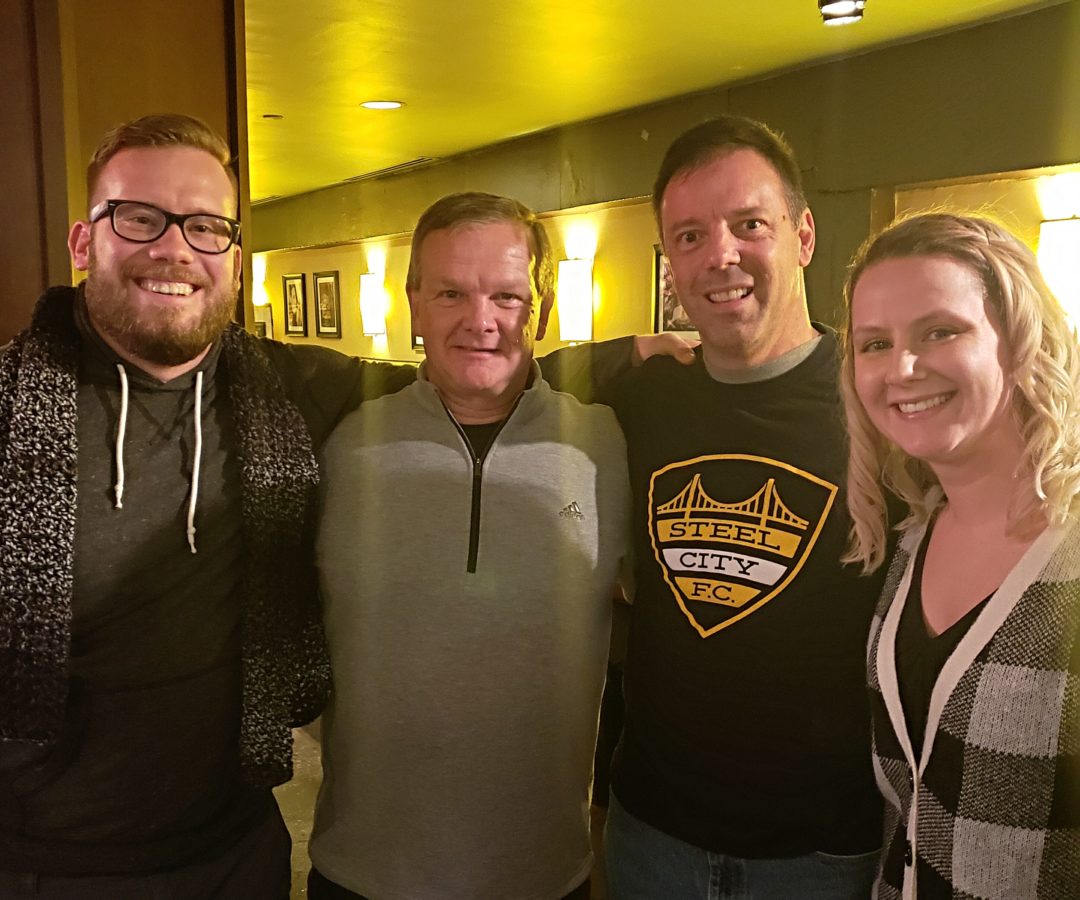
Coaches Mark S, Dave, Scott, and Marikaye at the USC Convention in Chicago (2019)
Professional coaches at the national level, collegiate coaches, club directors, high school coaches, recreational coaches, you name it. Anyone involved in the game is welcome and has a place.
This year, four of our girls’ staff coaches attended the convention in Chicago. Here are the main takeaways concerning where the game is going and what they came home from Chicago most excited by.
Teaching Decision Making
We all know soccer is a players game, not a coaches game. A strong residual message in many of the sessions this year was the need to teach decision-making.
Christian Lavers, President of the ECNL, shared, according to their research, the greatest area of opportunity through which to improve our top players is their perception. Players don’t see the cues/options to make the best decision in play.
“In both the field and goalkeeper focused sessions I attended, we were challenged to create a better understanding of the game among our players,” shared Coach Mark Sappington. The only way to get better at teaching decision-making is to create more scenarios where players are better exposed to opportunities to read the game.”
For example, when looking at building out from the back — starting with our youngest foundation phase players — we continually put them into game situations to ‘see’ the opportunities to build up. This happens in small-sided games where we pause to see if they can ‘see’ the layout of their teammates and who is in what role. This aims to create the habits that, when in a full game situation, they can read the cues on how best to maintain possession and get to goal. Be that recognizing the long ball out to the 9 that’s unopposed at midfield. Or, to quickly play to the 6 who is open at the top of the box and is likely able to maintain possession while building out the counter-attack.
Flipping the ‘Classroom’
With technology being such a huge part of the youngest generation’s lifestyle, flipping the classroom is a concept being integrated into the true classroom setting. It involves students getting the main core components of educational material outside the classroom and not having the teacher focused on a lecture in their time together. Instead, the time with the instructor is spent answering questionings, executing assignments, and testing the student’s knowledge.
With video recording technology — similar to what we’re integrating into our own Hotspurs program — we’re able to review games, key breakdowns, time in possession, etc., much like professional teams. The next step in flipping the ‘classroom’ with sports is providing players access to information (be it videos, written content, pictures, etc.) before a session. Then in the session, focusing on the portions they didn’t comprehend or need to execute with a full team.
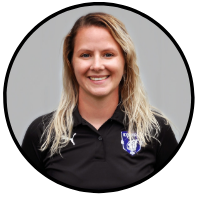 “This generation of players is at times overly connected to technology. And while on one-hand as a coach, I just want them to be able to run and play in a ‘human’ way — without technology. There is no doubt we can meet players half way and change our approach to teaching to reach them better,” reflected Coach Marikaye DeTemple after Jene Baclawki’s session on the inverted approach to coaching.
“This generation of players is at times overly connected to technology. And while on one-hand as a coach, I just want them to be able to run and play in a ‘human’ way — without technology. There is no doubt we can meet players half way and change our approach to teaching to reach them better,” reflected Coach Marikaye DeTemple after Jene Baclawki’s session on the inverted approach to coaching.
For example, the initial learning of how to do a move — which can, of course, be practiced individually — happens away from the pitch. At the session, players focus on practicing against an actual opponent. The same can be applied to the tactical aspects of the game in showing positional roles in set scenarios. Players then study this prior to coming to practice, and even present questions in advance so the coach can focus the session on how to execute X and the questions players had.
This approach to education gets the players more actively involved in the education process, leading to higher retention and a better overall understanding.
Fun fact: We have a Players Hub in the works that will include videos that cover our team targets and overall style of play. Our players will be featured to showcase the Hotspurs Way in a 24-7 accessible format.
Coaching Family
There aren’t many places you can go and spend four days talking soccer non-stop. The “remember when” stories are in full swing at the convention.
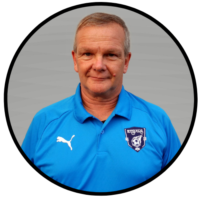 “It’s always great to catch up with members of your coaching family that you haven’t seen in a while and continue to grow that family,” shared Coach Dave Richmond.
“It’s always great to catch up with members of your coaching family that you haven’t seen in a while and continue to grow that family,” shared Coach Dave Richmond.
“Seeing where others have gone and are going in their coaching careers, swapping the pains and challenges we each uniquely — yet all the same — face while trying to grow these athletes is worth the convention cost alone.”
“My first convention was in Philadelphia last year,” shared Coach Marikaye. “The group of coaches I was with was getting ready to head out for a late night snack, and I opted to stay and chat with the coaches I had met in the lobby: one, a former player in the Champions League in the 70s.
Learning about how the game’s changed before his eyes — getting guidance and support from him was priceless. I tried to get as much wisdom out of him as I could, as 3 am crept up, and I realized our group had been chatting for hours.”
Final Thoughts
“The convention provides a unique opportunity to expand your knowledge by sampling insights from a variety of top coaches and presenters from around the world,” shared Coach Scott Arnold.
“Having a clear understanding of your home environment, game model, and the players you coach is really important. With the presenters coming from very different situations than us, all coaches have to keep in mind a simple ‘copy-paste’ of their methods likely won’t work well.
To get the most out of the experience each year, I seek content that is relevant to our game model. That content challenges and improves the what and how we teach the players here in Western PA.”
